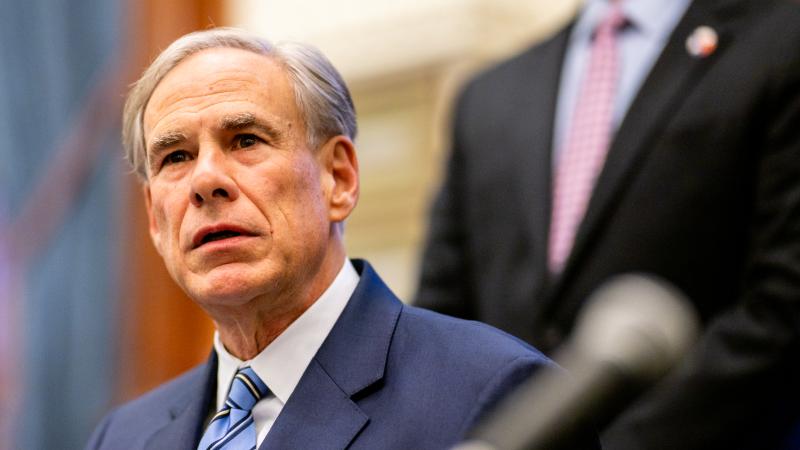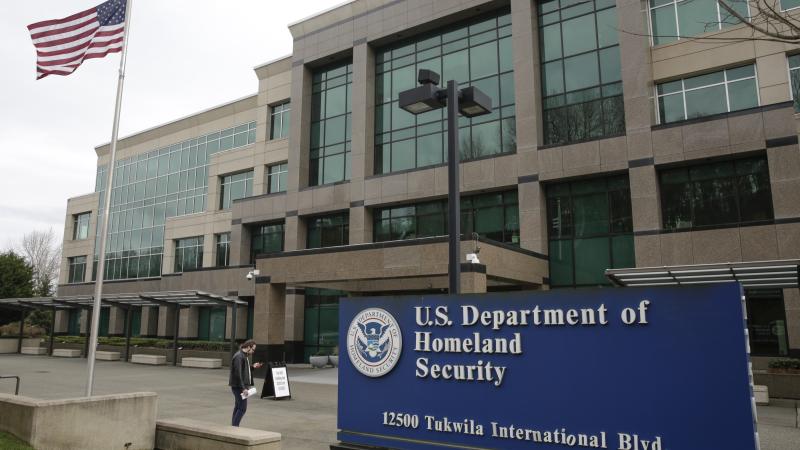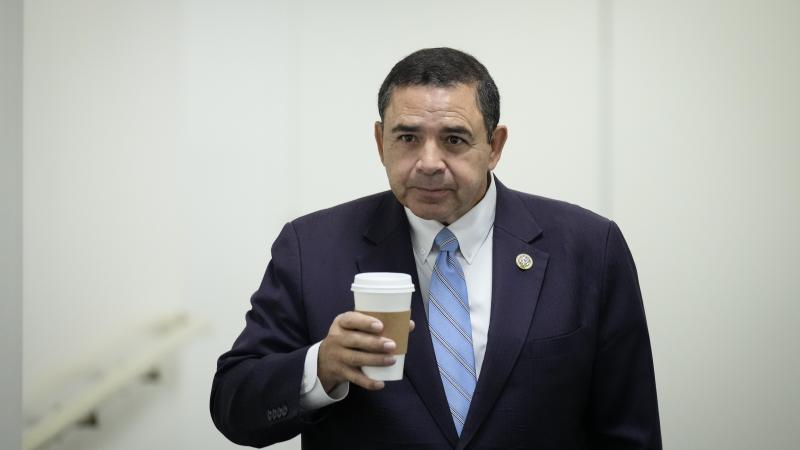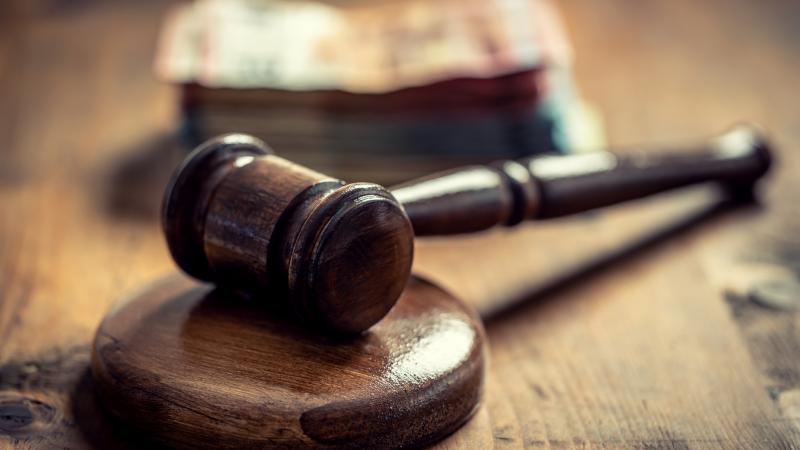Bills allowing prayer, Bible in school, 10 commandments head to Abbott’s desk
SB 10, filed by state Sen. Phil King, R-Weatherford, and SB 11, filed by state Sen. Mayes Middleton, R-Galveston, previously passed the Senate.
(The Center Square) -
With days left in the legislative session, the Texas House passed bills authorizing prayer and Bible reading in public schools, and requiring the Ten Commandments to be posted in classrooms. Democrats opposed them, citing biblical references to slavery that teachers are not qualified to teach or shouldn’t be discussing.
SB 10, filed by state Sen. Phil King, R-Weatherford, and SB 11, filed by state Sen. Mayes Middleton, R-Galveston, previously passed the Senate.
SB 10 would require every public-school classroom to post a copy of the Ten Commandments beginning in the 2025-2026 school year.
Last year, Louisiana became the first state to require the Ten Commandments to be displayed in public schools. Its law is being challenged and is expected to be ruled on by the U.S. Supreme Court, The Center Square reported.
Gov. Greg Abbott supports the bill, having defended the right to have a Ten Commandments monument erected at the Texas Capitol when he was attorney general. Roughly 20 years ago, he argued before the U.S. Supreme Court that it was constitutional and won. The monument remains on the capitol grounds.
On Saturday, House Democrats opposed SB 10 for many reasons, including biblical references to slavery. State Rep. Nicole Collier, D-Fort Worth, introduced an amendment to remove the language, “manservant” and “maidservant” from the text, which failed.
Citing text in the Tenth Commandment, Collier said it refers to a time in history “where owning another individual was considered a reality,” she said. “Manservant and maidservant … in translation means male slave or female slave.”
“We have worked very hard in this country to eliminate references and to slavery. We have worked hard to have equality. To have a document hang in the classrooms of our public schools that references a time in history that was very hurtful and painful to many people will continue to perpetuate that hurt,” she said, appearing to refer to the African slave trade.
“Students are unlikely to understand what it means not to covet ‘thy neighbor’s wife, nor their manservant, nor their maid servant, nor their cattle, nor anything that is thy neighbor’s.”
In response, the House sponsor of the bill, state Rep. Candy Noble, R-Murphy, said she did a quick “Google search,” saying the term maidservant didn’t “include the definition” that Noble gave.
According to Strong’s translation of the Hebrew text used by biblical scholars, maidservant is a transliteration of “shiphchah,” which means female servant, female slave or bondwoman, who were considered household members. Manservant, “sahkeer” refers to a hired worker, laborer, according to Strong’s translation.
The Ten Commandments are recorded in the book of Exodus, the second book in the Pentateuch of the Old Testament of the Bible, and in the second book of the Jewish Torah. It recounts the life of Moses, who after leading the Israelites out of Egypt from where they were enslaved for 400 years, presented the Ten Commandments. The terms, maidservant and manservant are specifically mentioned in the Fourth (Ex. 20:10) and Tenth (Ex. 20:17) Commandments and elsewhere throughout the Bible.
Noble, a former kindergarten teacher, also said she opposed parents being given the option to pull their children out of class if teachers were required to teach Mosaic law. State Rep. James Talarico, D-Austin, who advocated for parental rights to do so, expressed astonishment in response to her answer after Republicans during the entire legislative session said they support parental rights in the classroom.
She also said she was glad slavery in America “was in the past” and efforts were ongoing to fight human trafficking.
The Exodus account has nothing to do with the African slave trade or human trafficking.
SB 10 passed the Senate and House along party lines by votes of 20-11 and 88-49, respectively.
SB. 11 authorizes teachers and students, with parental consent, to opt into a period of prayer and reading of the Bible or other religious texts during school hours.
“Our schools are not God free zones,” Middleton said. “We are a state and nation built on ‘In God We Trust.’ … Litigious atheists are no longer going to get to decide for everyone else if students and educators exercise their religious liberties during school hours.
“There is no such thing as 'separation of church and state’ in our Constitution, and recent Supreme Court decisions by President Trump’s appointees reaffirmed this. The goal of this bill is to promote free exercise of religion for teachers and students in the place where they spend most of their time – school.”
SB 11 passed with bipartisan support in the Senate by a vote of 23-7 and along party lines in the House by a vote of 88-48.
The bills head to Abbott for his signature.














